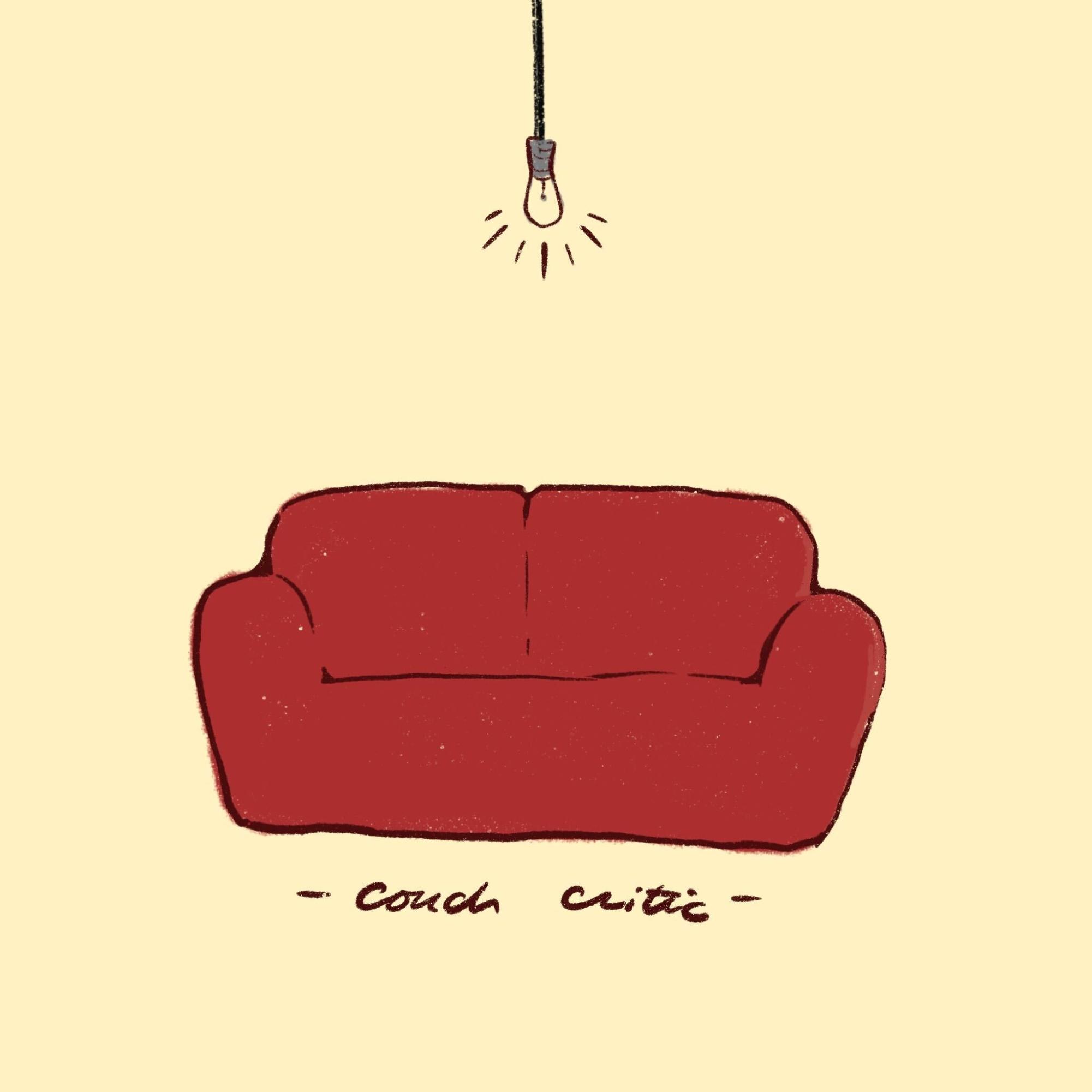Couch Critic // In defense of Mark from ‘Love Actually’


Not a Christmas season goes by without my mother’s recommendation of Richard Curtis’ 2003 box-office classic, “Love Actually.” For years, I was reluctant to heed any film she deems a “classic” — more often than not, I’ve ended up disappointed. But this past week, as a late-November chill set in and the craving for comfort grew stronger, I finally gave “Love Actually” a shot — 21 years after its release. This movie is both beloved and criticized. But to me, it is actually quite perfect.
As a newly converted “Love Actually,” enthusiast, I’m ready to debunk some of its greatest criticisms. In the broadest framework, the most common critique leveled against the movie is that it has struggled to keep pace with evolving cultural norms. Critics find that certain elements of the film simply don’t hold up by today’s standards. A glaring example of this is the repeated, and frankly troubling, body-shaming of Martine McCutcheon. While this writing is entirely unjustifiable, other parts of the film are less objective.
Critics who describe Love Actually as “icky” or claim that it glamorizes “stalking” often focus on the storyline involving Mark, portrayed by Andrew Lincoln. This particular narrative arc is meant to explore the complex intersection of romantic and platonic love. It is to demonstrate the bittersweet natures of love that sometimes remain unspoken. However, Mark’s confession of love to his best friend’s wife tends to evoke discomfort for many viewers.
The scene in which Mark famously confesses his feelings through a series of cue cards can be interpreted as problematic by contemporary standards, especially in today’s cultural zeitgeist, where boundaries and respect for personal space are heavily emphasized. Through this lens, some of Mark’s actions might be perceived as invasive and ethically questionable, especially considering the woman he’s quietly loved for years is the wife of his best friend.
The director himself, 20 years later, has now admitted that Lincoln’s character was “a little too weird,” and he may have “misjudged the writing of the character.” On its face, this certainly paints a rather creepy picture. However, I personally find the dynamic between Mark and Juliet — played by Keira Knightley — far more nuanced, making it deeply cringey at worst and ultimately innocent at best.
Despite characterizations stating otherwise, it’s clear in the film that Mark never intended to disrupt his best friend and Juliet’s marriage. On the contrary, he distanced himself from her for years because of his unrequited feelings, to the point where she even believed he didn’t like her as a friend. While his handling of his emotions may not have been the most mature, the idea that Mark ever sought to undermine Juliet’s relationship for his own romantic interests is simply not true.
Other’s summarize Mark’s character in the film as “the stalker one,” often referencing the wedding footage where he entirely cuts out the groom to focus solely on Juliet. Critics call his wedding reel a “dark obsession” wondering if his infatuation could turn “dangerous”. Personally, I find this to be a profound exaggeration of events. Mark’s love for Juliet is not predatory or malicious but rather a quiet, internalized affection that he feels he cannot express. When broken down, it’s clear the wedding footage is never meant to be an invasion of privacy — it does not objectify or sexualize Juliet, was not a secret recording and was far from the only recording of the wedding.
Instead, Mark is capturing a memory of someone he loves from afar, a gesture that, though misguided, is driven by the intense emotions of unrequited love. In his mind, the footage is a way to preserve Juliet’s beauty without crossing boundaries or directly confronting her about his feelings, which he feels would betray his friendship. It’s also worth noting that Mark never shares this footage with anyone else. While the fact that he cuts out the groom entirely may seem insensitive at first, it is not intended to cause harm — rather, it’s a way for him to hold onto a moment that he knows he can never have.
The climax of Mark and Juliet’s relationship is the aforementioned iconic cue-card confession, often hailed as a “romantic grand gesture” but also heavily criticized as betrayal against his best friend and a disruption of their marriage. Again, I couldn’t disagree more. I don’t believe Mark ever had any intention of stealing Juliet away, nor did he harbor any hope that she would leave her husband for him. I don’t even consider Mark performing a “romantic gesture” but rather a search for the closure he’s needed for years. In his cue cards, although he confesses his love, he also promises to move on and pursue other women, signaling his intent to finally let go of his unrequited feelings.
In the end, Mark’s storyline in “Love Actually” remains one of the most divisive elements of the film. While many see his actions as creepy or problematic in light of modern cultural standards, I find his character to be a tragic portrayal of unrequited love that is ultimately defined by his emotional restraint. His quiet struggle to navigate his emotions — without ever acting on them — is an underappreciated aspect of the film. For all its flaws, “Love Actually” still succeeds in capturing the messy, bittersweet nature of human emotions, and Mark’s story is no exception. It may be cringey, yes, but Mark’s character tells a deeply human story that offers more understanding than judgment.
Recent Posts
A Good Hill to Die On // The motivation we all need
In this post of “A Good Hill to Die On,” staff writer Sierra O’Neil discusses…
Who Asked? // Is it really the damn phones?
This installment of Who Asked? by staff writer Brynn Murawski describes her brief journey limiting…
Students are ‘upset, but not surprised’ over denial of gender affirming care at UPMC CHP
Pitt students and LGBTQIA+ members express their concerns about the recent denial of gender affirming…
Take Madness Final Four | Battle of Pennsylvania, 412 and Just Outside of Philly clash
Welcome to the Final Four of Take Madness! We are down to four talented writers,…
Column | Best Sports Environments in Pittsburgh
Pittsburgh is undoubtedly one of the best sports cities in America. A deeply passionate fanbase…
Chalk is all the talk: Previewing the NCAA men’s Final Four
For the first time since 2008, all four first seeds have made the men’s Final…
